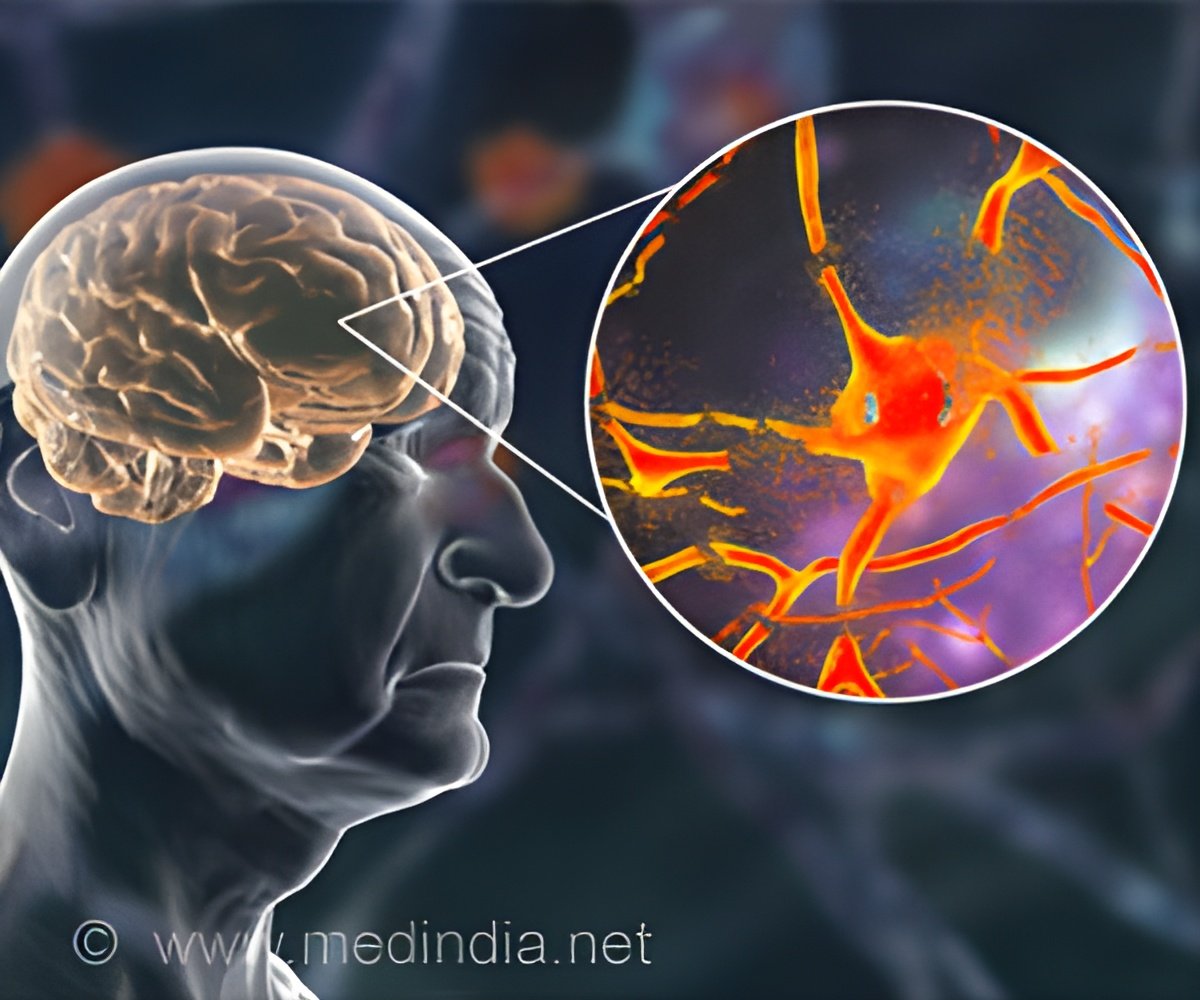Groundbreaking solution emerges as UK researchers unveil "smart" socks, harnessing sensor technology and artificial intelligence (AI) to assist in identifying those with dementia.

‘UK researchers have created innovative "smart" socks that blend sensors with artificial intelligence (AI) to aid caregivers and care facility personnel in identifying agitation and averting falls in individuals living with dementia.
# Dementia, #Smartsocks
’





Current physiological monitors are frequently worn on wrist straps, which can stigmatize or even cause more stress and are frequently removed by patients. “The foot is a great place to collect data about stress, and socks are a familiar piece of clothing that people wear every day, our research shows that socks can accurately recognize signs of stress -- which could help not just those with dementia, but their carers too,” said SmartSock inventor Zeke Steer, Chief Executive Officer of Milbotix.
Milbotix is conducting a study with the University of Exeter to test whether SmartSocks can help staff working in care homes support people who may not be able to communicate agitation or the cause of distress.
Dementia Care Evolution
“SmartSocks addresses the huge clinical need for effective and safe management of agitation, pain, and distress in dementia,” said Byron Creese of the University of Exeter.In a separate study, Milbotix is working with a team at the UK Dementia Research Institute (UK DRI) Care Research & Technology Centre, at Imperial College London.
They will first test SmartSocks in their living lab, a domestic environment where they study activities of daily living and develop technologies before they can be tested in the homes of dementia patients.
Advertisement
“So far SmartSocks have been incredibly well-received in care settings, and I’m excited to see what impact our products can have in providing early alerts of agitation and falls, enabling care home staff to take early intervention, and supporting people to stay in their own homes for as long as possible,” Steer said.
Advertisement










